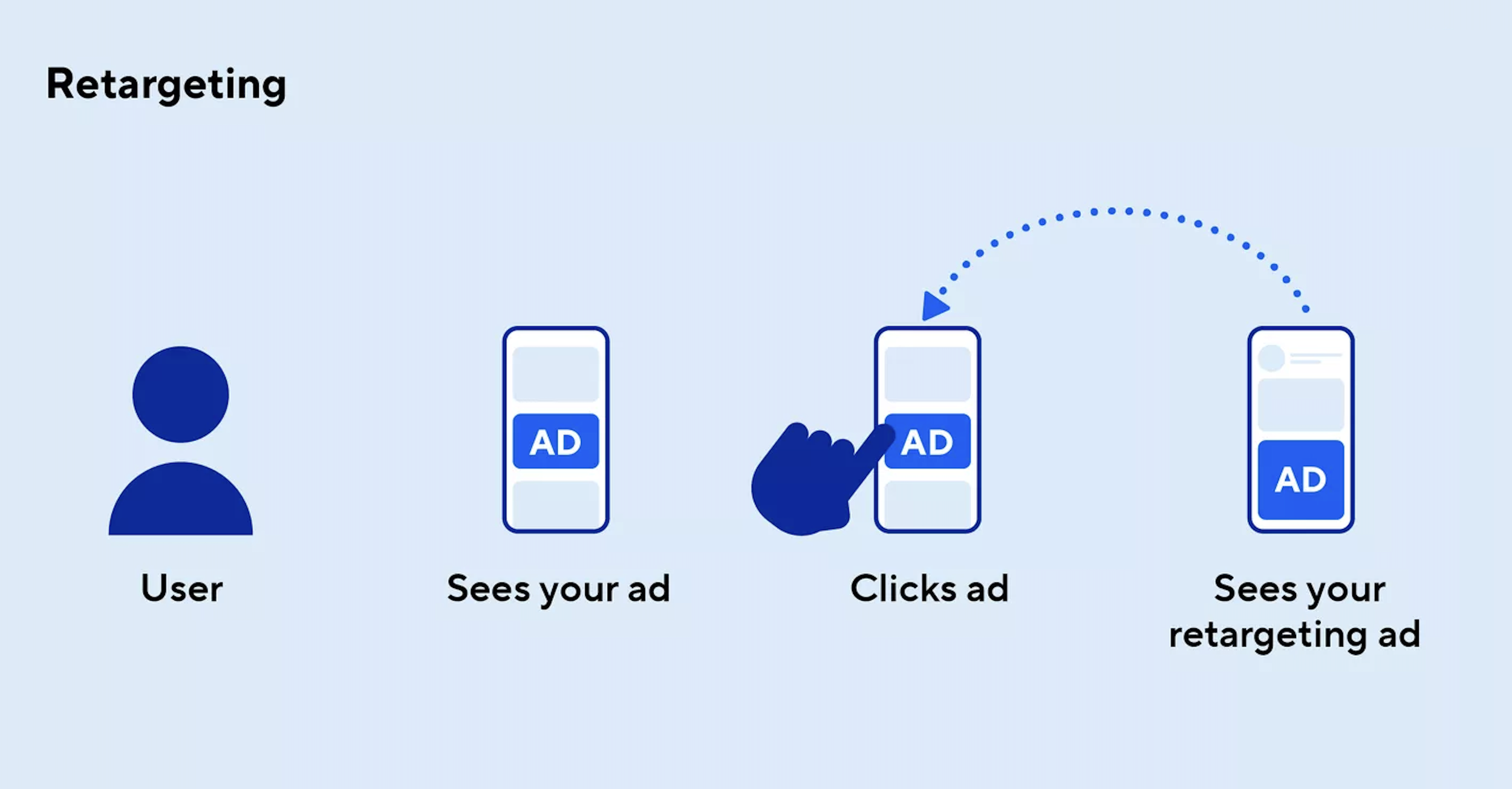Retargeting: The Use of Cookies in Advertising
The world is inundated with adverts: in fact, we each see an estimated maximum of 10,000 individual adverts every day. That’s 10,000 images, videos, articles, banners and pop-ups all vying for your attention. How can they possibly stand out from one another?
Research by Accenture into ad personalisation has shown that 75% of consumers are actually more likely to buy from a retailer that recognises them by name or recommends options based on their past purchases. After all, if someone calls your name, you’re going to look, right?
What is retargeting?
On average, e-commerce websites see a conversion rate of around 2% to 4%. This means that less than 4% of all visits to an online store will actually end in a purchase, and that shoppers will generally pay multiple visits to a website before deciding to buy.
Retargeting is a marketing strategy which allows businesses to personalise ads and messages to individuals who have previously interacted with their brand or visited their website. It aims to re-engage these potential customers, reminding them of the brand, product, or service they have shown interest in, with the ultimate goal of driving conversions.
First-party cookies vs. third-party cookies
There are many types of cookies, but they’re all small text files and not at all delicious.
First-party cookies connect you to one single website, are created by the website to streamline your user experience and are generally considered ‘essential cookies’. You’ll have seen a cookie consent pop-up before upon your first visit to a website - it’s a legal requirement. Once you’ve consented, first-party cookies will only store the information you put into the website, and sometimes your IP address. The only people able to access this information are the owners of the website.
First-party cookies are used to recognise you when you revisit a website, meaning you don’t have to sign back in every time you refresh. They are also used to remember what you’ve added to your shopping cart: if you didn’t consent to first-party cookies, you’d only be able to buy one item at once, as your cart would reset each time. Overall, first-party cookies are pretty non-controversial and are there to make your shopping experience much smoother.
Third-party cookies are often used for retargeting, and can be created by anyone - not just the website host. They’re created by companies who want to sell to you, and the data can be seen by anyone with the correct programme. They allow your activity, such as browsing, shopping and posting, to be tracked across the internet.
How does retargeting work?
The process of retargeting starts when you visit a website and a third-party retargeting provider places a cookie in your browser. This cookie contains a unique identifier which allows the provider to recognise you. When you leave the website, the cookie will start tracking your online behaviour, and thanks to the unique identifier, will recognise you if you access other websites partnered with the retargeting provider.
Using the information the cookie gathered about which products or pages you’ve viewed as well as items you’ve added to your shopping cart and then abandoned on the original website, the provider can display personalised ads on these partnered websites, encouraging you to return to complete your purchase.
What is happening to third-party cookies?
There are privacy concerns associated with third-party cookies, resulting in more regulations and restrictions being put in place to protect user data and provide individuals with more control over their online privacy. For example, in 2019, EU privacy laws were updated to require the active consent of users in order to use any analytics cookies at all. Previously, companies had relied on implicit opt-in - but this is no longer the case.
Adblockers and anti-trackers have also been developed to fight against these cookies and browsers are becoming less supportive of them. Google Chrome’s incognito mode automatically rejects all third-party cookies, and Google is planning to phase out the use of third-party cookies on Chrome entirely by 2024. Browsers such as Safari and Firefox have already discontinued their use.
UNBXD is a Creative Digital Agency which specialises in digital marketing to create exciting, innovative solutions for breakthrough brands. We are experts in supporting brands to outline clear objectives, develop strong communication strategies and create unique content which truly engages their audience. Come and see what we can do for you!



